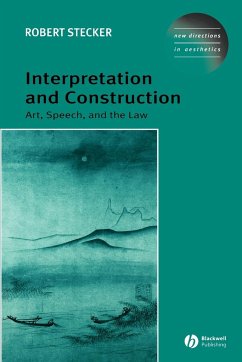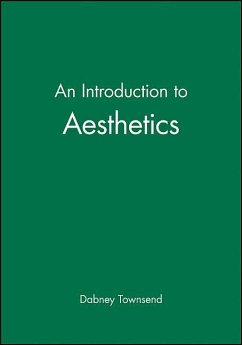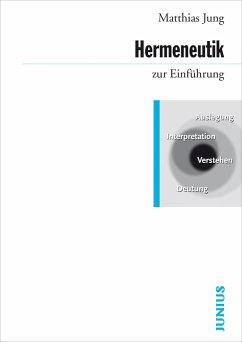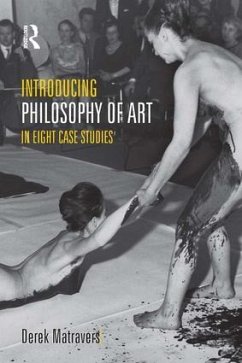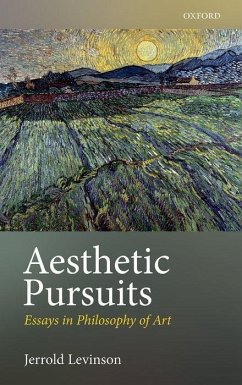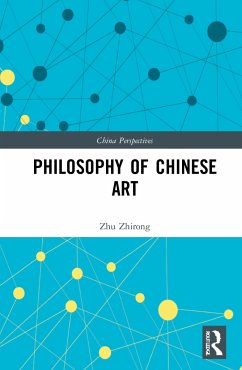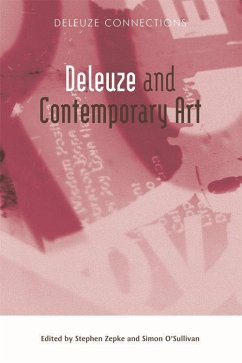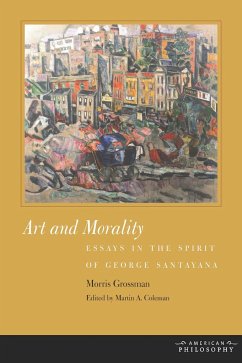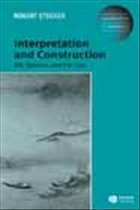
Interpretation and Construction
Art, Speech, and the Law
Versandkostenfrei!
Versandfertig in über 4 Wochen
131,99 €
inkl. MwSt.
Weitere Ausgaben:

PAYBACK Punkte
66 °P sammeln!
Interpretation and Construction examines the interpretation of intentional human behavior, focusing primarily on issues in art, law, and everyday speech. The centerpiece of the book is the examination of two large-scale views about the nature of interpretation: historicism and constructivism. Historicists claim that interpretations discover meaning; constructivists claim that interpretations create meaning. Building on both views, Stecker offers a comprehensive theory of interpretation. Containing one of the clearest expositions of the issues and arguments that guide the debate, the book also ...
Interpretation and Construction examines the interpretation of intentional human behavior, focusing primarily on issues in art, law, and everyday speech. The centerpiece of the book is the examination of two large-scale views about the nature of interpretation: historicism and constructivism. Historicists claim that interpretations discover meaning; constructivists claim that interpretations create meaning. Building on both views, Stecker offers a comprehensive theory of interpretation. Containing one of the clearest expositions of the issues and arguments that guide the debate, the book also offers an original way of resolving it that gives both historicists and constructivists their due. Written by one of the leading figures on the theory of interpretation, this book will be of particular interest to philosophers of art and legal theorists, and to anyone interested in the problems posed by the interpretation of human artifacts, behavior, and speech.



